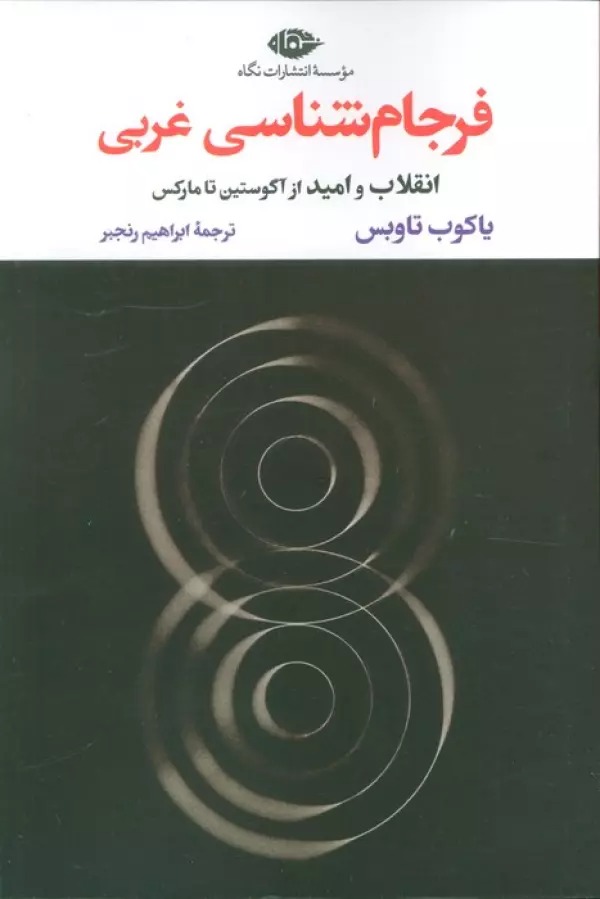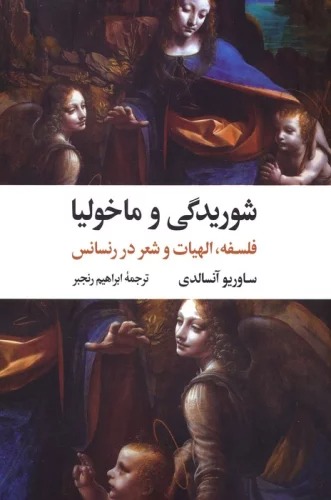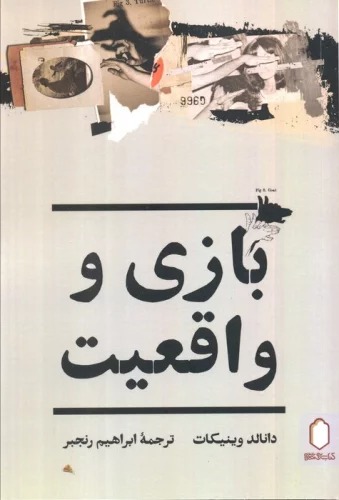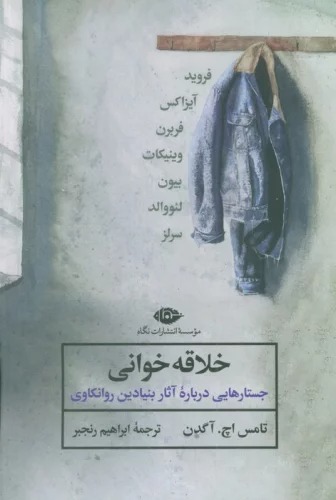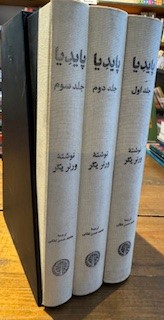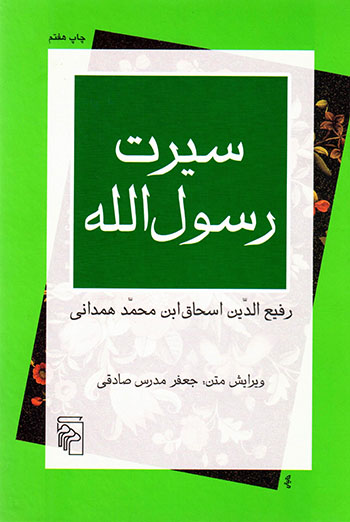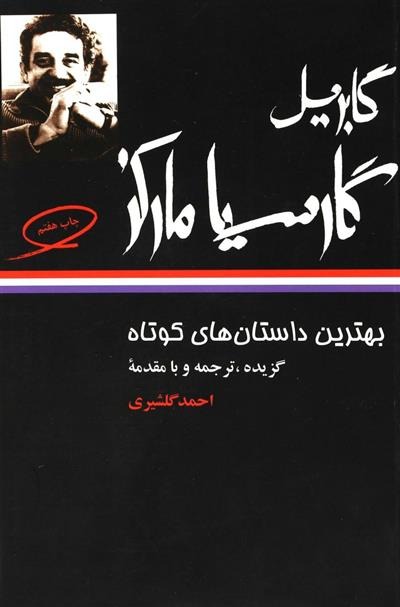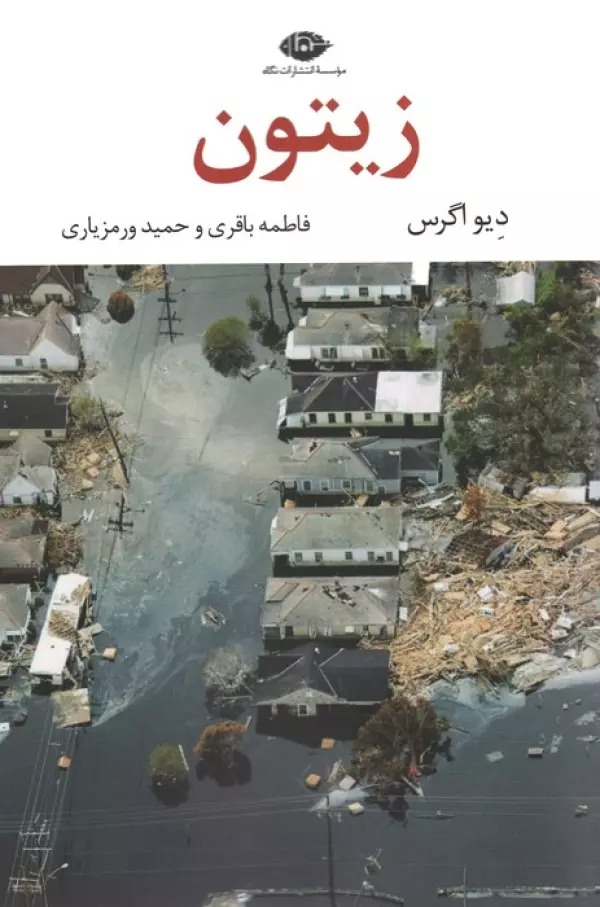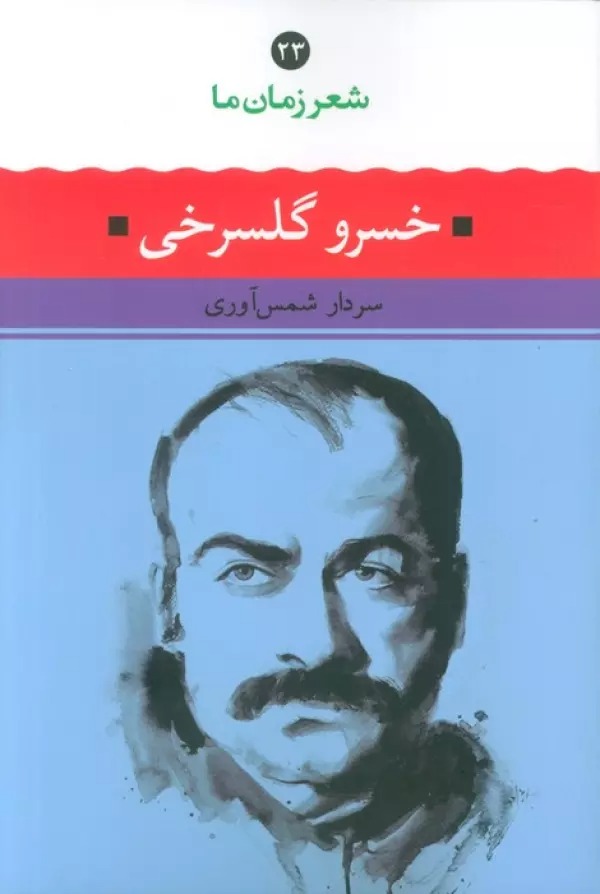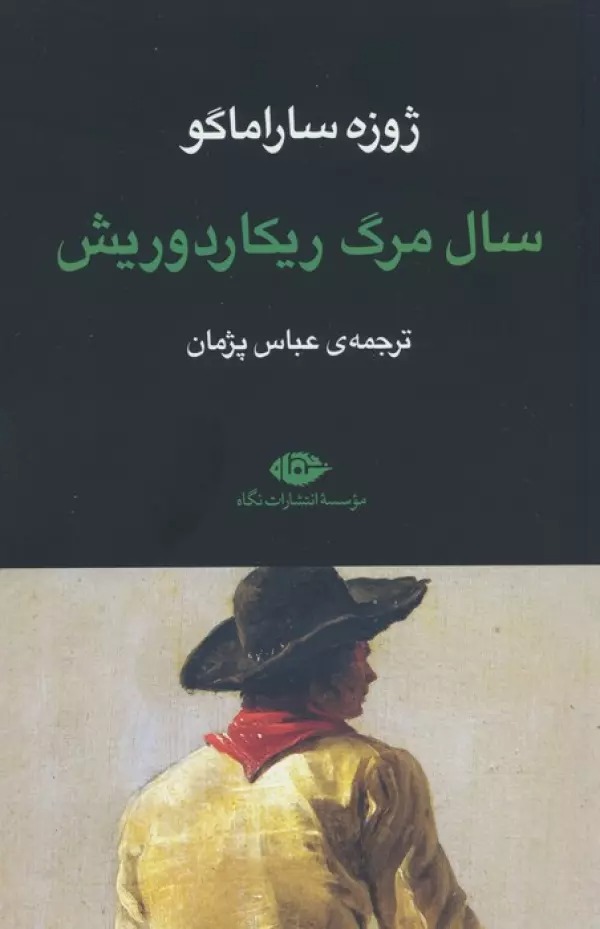Farjām'shināsī-yi Gharbī: Inqilāb va Umīd az Āgustīn tā Mārks: Persiska (Farsi) 1404
فرجام شناسی غربی: انقلاب و امید از آگوستین تا مارکس
161 SEK
Dela
Wishlist
Originaltitel:
Abendländische eschatologie
ISBN:
9786222674748
Översättare:
Ibrāhīm Ranjbar
Förlag:
Nigah
Åldersgrupp:
Vuxen
Sidor:
338
Vikt:
298 g
Produktmått:
14 x 21 x 3
,
1 cm
Bokomslag:
Pocketbok
Abendländische Eschatologie (Occidental Eschatology) is the seminal 1947 work by Jewish philosopher and theologian Jacob Taubes, exploring the deep structure of Western historical consciousness through the lens of eschatology—the study of end times, redemption, and ultimate meaning.
Taubes argues that Western thought, from Saint Paul to Karl Marx, is shaped by a messianic impulse: the belief in a radical rupture that will bring about a new world. He traces this eschatological thread through Christian theology, Gnostic visions, Reformation movements, and modern revolutionary ideologies, showing how the West has repeatedly imagined history as a path toward salvation or catastrophe.
Rather than treating eschatology as a religious doctrine alone, Taubes presents it as a philosophical and political force—one that animates both utopian hope and apocalyptic dread. His work influenced thinkers like Giorgio Agamben, Carl Schmitt, and Slavoj Žižek, and remains a cornerstone in studies of political theology, radical philosophy, and modernity’s spiritual crises
more
«فرجامشناسی غربی» اثر مهم یعقوب تابس (Jacob Taubes) است که در سال ۱۹۴۷ منتشر شد و به بررسی ساختار بنیادین اندیشهٔ تاریخی غرب از منظر فرجامشناسی میپردازد—یعنی مطالعهٔ پایانها، رستگاری، و معناهای نهایی.
تابس نشان میدهد که از پولُس رسول تا کارل مارکس، اندیشهٔ غربی همواره تحت تأثیر یک میل مسیحایی بوده است: باوری به گسستی بنیادین که جهانی نو را رقم خواهد زد. او این خط فکری را در الهیات مسیحی، عرفانگرایی، جنبشهای اصلاحطلبانه، و ایدئولوژیهای انقلابی مدرن دنبال میکند و نشان میدهد که چگونه غرب بارها تاریخ را بهمثابه مسیری بهسوی رستگاری یا فاجعه تصور کرده است.
تابس فرجامشناسی را نه صرفاً آموزهای دینی، بلکه نیرویی فلسفی و سیاسی میداند—نیرویی که هم امید آرمانشهری و هم هراس آخرالزمانی را برمیانگیزد. این اثر تأثیر عمیقی بر متفکرانی چون جورجو آگامبن، کارل اشمیت، و اسلاوی ژیژک گذاشته و همچنان یکی از منابع کلیدی در مطالعات الهیات سیاسی، فلسفهٔ رادیکال، و بحرانهای معنوی مدرنیته بهشمار میرود
more

